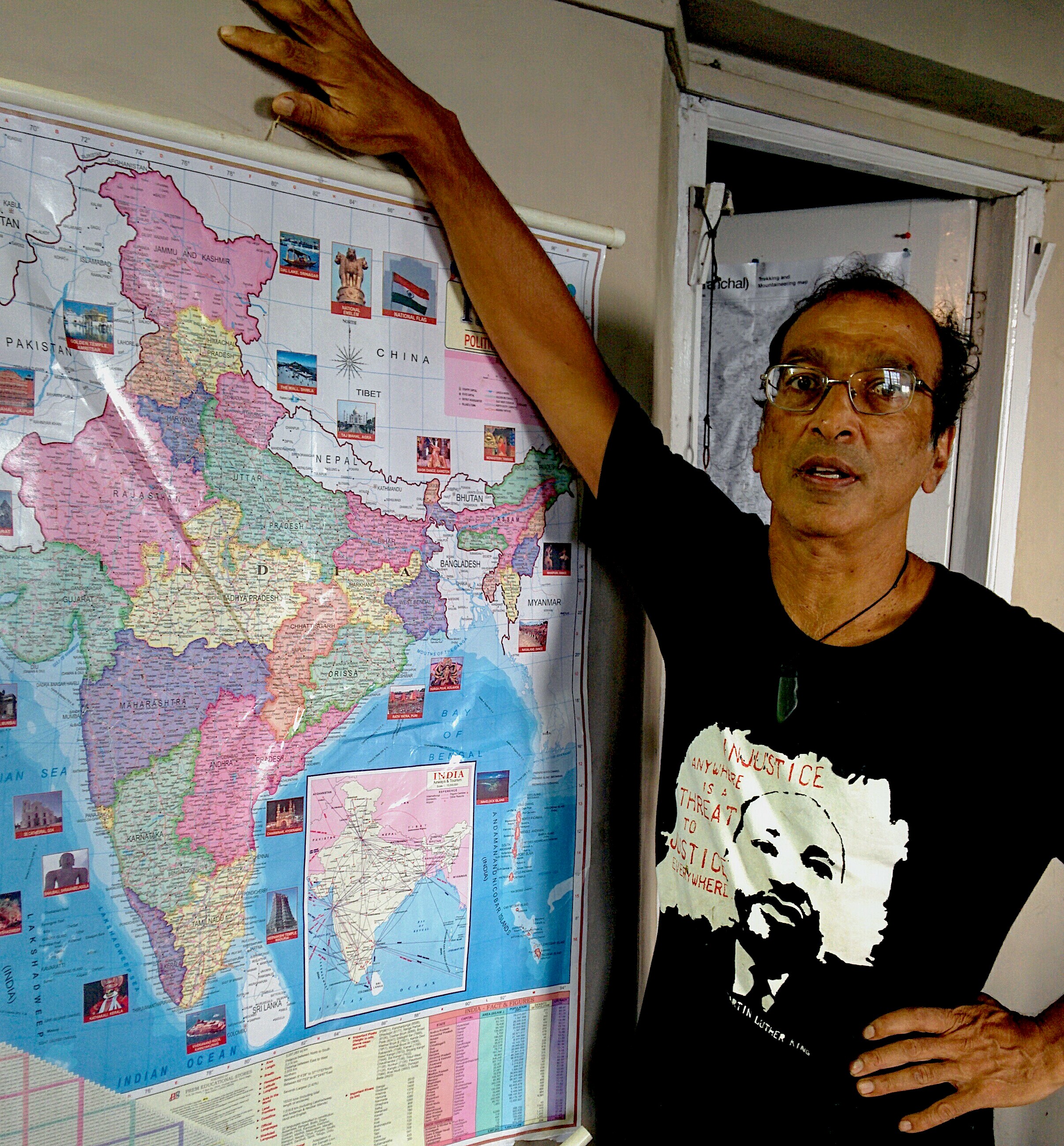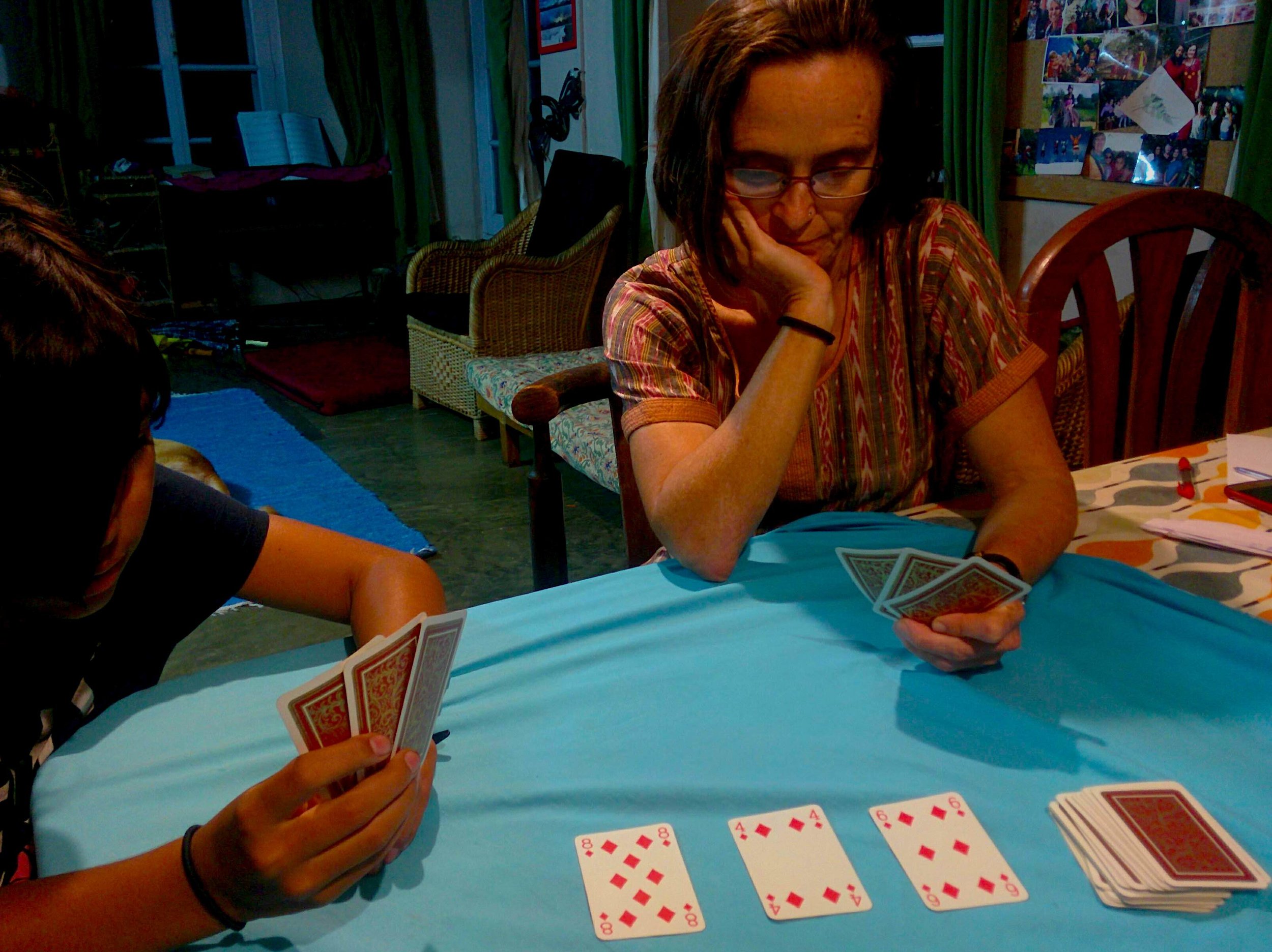“Development comes down to insurance”- It is my friend Justin’s intriguing analysis.
“Whaddya mean?”
We unravel it together on a slow Sunday morning. I ended up with this:
Insurance might conjure up an image of a payout when a fire burns down your house or someone robs you. But the concept contains much more. It is understanding risk, understanding that it is more efficient to mitigate risk than to recover and therefore it is worth putting resources into mitigation. And that is is possible to spread risk over time, space and people.
A developed society for Justin understands risk and builds it into the fabric of society. A hospital is part of a health system. If you are struck down by an accident of by malaria a hospital staves off disaster, allows recovery and you are able to return to being a contributing member of society. For a public hospital effectively, the whole country decides to pay insurance premiums, aka tax, not only for themselves but for any member of the society. Financially, the calculation would simply be that a health system is a good investment- Healthy people are likely to contribute more than the cost of keeping the hospital running.
Countries that choose private health calculate that the cost of paying for public health exceeds the societal benefit of everyone being able to access health care. Rather than have a universal health insurance scheme they prefer over tax and user pays. Everyone gets to keep a few more dollars or rupees in their pockets (the rich keep more) but pay out if they have an illness or injury. USA and India are outstanding (i.e. egregious) examples of this “the nation is not responsible for your health” approach. Nominally they have public health but massively below need and thus vast disparities between the treatment people get for the same illness. In Delhi Indians choose to offer open heart surgery for a few and many children dying of diarrhoea. No Insurance.
A similar insurance system for education operates in countries like Sweden and New Zealand. Citizens of those countries pay a premium (via taxes) to support quality public schools. Their children are reasonably insured against lack of education as a reason for unemployment. Their neighbour’s children too. India prefers to invest much less in public schooling. Indians pay for the school they can afford or send their kids to a poorly resourced government school. Great if. you are well off but its a system with cracks. Some fall through the cracks, but they are all poor and those doing well don’t see it as their problem. More people to work in their factories or carry head-loads at railway stations. Less people to contribute to high-tech institutes or innovative business start-ups.
Does that mean that USA and India are less developed countries? I say yes. Compared to other countries of similar economic capacity for me USA is underdeveloped, at least on the axes of health and education. The capacity for individuals to achieve their potential and for society as a whole to achieve its potential is impaired. Equally India is, to me, less developed than other middle-income countries of similar economic capacity. India and USA do not spread health or education risks with whole society insurance schemes*
The base of this argument is that a group of cooperating humans better assimilates and uses resources than the same number of people acting as individuals. This seems obvious. The next step is only to ask how many of those resources the group would be prepared to invest against the various risks they face. For development professionals the challenge in any situation is to facilitate understanding the risks they face, making shared decisions over responsibility and how to use their resources to minimise risk and maximise opportunity. That is an insurance scheme.
Development as a process of forming groups and sharing risk In fact it mirrors humanity’s evolution and development trajectory. We started as from family groups, where the male might have hunted but shared the spoils with offspring who might carry his genes. Next came clans where spoils are shared with relatives, even if not direct descendants. Then came tribes, city states and nations where risk and benefit are spread wider and wider from our genes. We are yet to become a globalized population, able to share with people in distant places and different ethnicities.
The Golden Gates of Globalisation. A factory in Cambodia where village girls offer themselves as wage slaves. New Zealand and Sweden benefit from globalisation and see little responsibility to reduce the risks for Cambodian village girls working for $1 a day. Human insurance schemes are not at planetary scale yet.
Super-cooperation. A route to superpowerdom? Martin Nowak's book.
One of my favourite development thinkers , David Snowden, says “facilitate the emergence of beneficial coherence” is the way to manage complexity. One of the key elements of beneficial coherence is co-operation. Another thinker from a completely different field Martin Nowak, an evolutionary biologist, says Darwin missed the third great selective pressure. Individual fitness as an expression of genes is indeed critical but the capacity to aggregate and co-operate is the next step of evolution. Traditional development and economics uses the individual as its base unit (rational economic man) but Nowak, Snowden and Justin Stevenson would all say that we need to look at humans in groups and analyse their ability to make co-operative group level decisions on risk and how to and absorb risk and collective benefit into societal structure. Intriguing.
Development as facilitating a group’s ability to analyse its risks and deploy some societal goods as insurance against them? What do you think?
* Interestingly both USA and India choose high per-capita military spending by their citizens.. Both have nuclear weapons. USA is the global military power, India aspires to that. Is this their insurance scheme- to reduce the risk of invasion and increase the opportunity to invade others?












